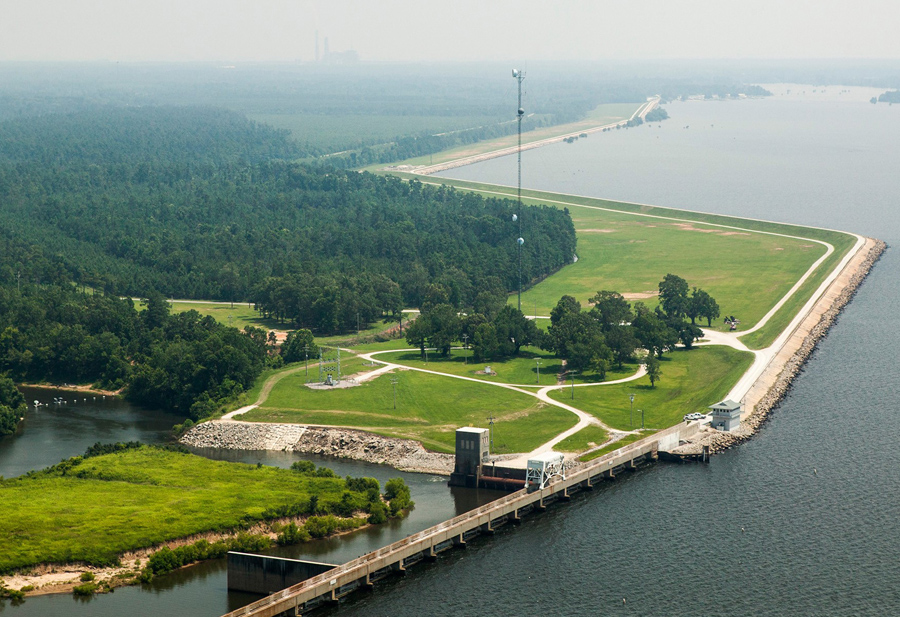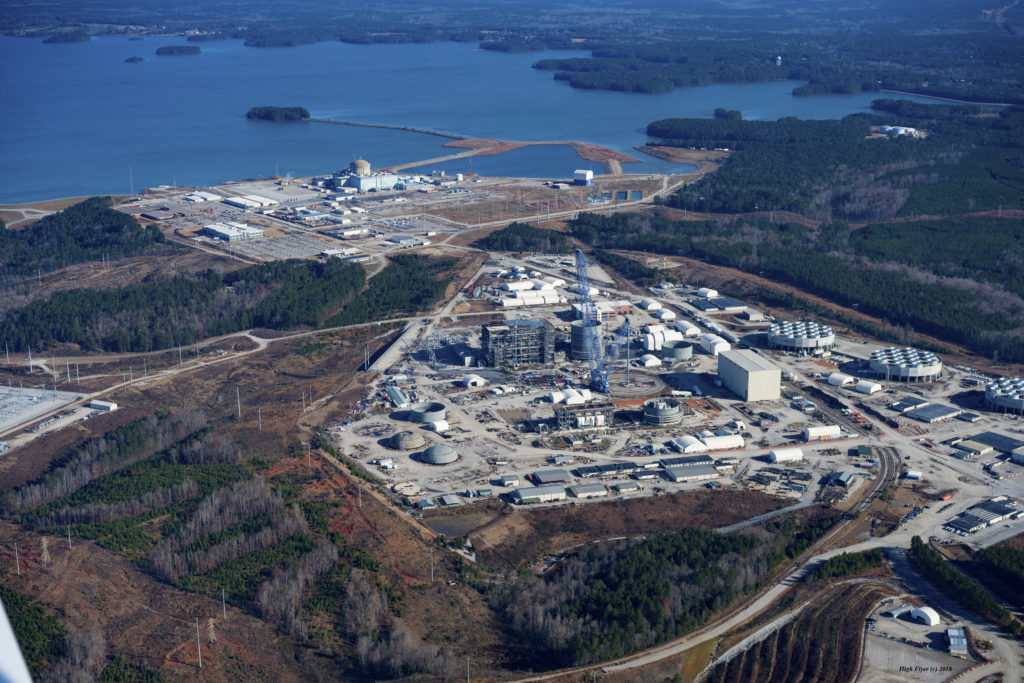The Shareholders Foundation, Inc., a San Diego, California-based “portfolio legal monitoring” and “settlement claim filing service” issued a press release this week announcing that “a lawsuit was filed for certain investors” who purchased bonds for South Carolina’s government-run energy provider, Santee Cooper.
According to the news release, investors who purchased Santee Cooper bonds “have certain options” and are encouraged to contact the organization.
The complaint referenced by the organization alleges Santee Cooper made official statements that “were materially false and misleading” related to its botched nuclear partnership with former Cayce-S.C. based energy provider SCANA.
You know … #NukeGate.
This SCANA-Santee Cooper collaboration – which blew through $10 billion on a pair of abandoned nuclear reactors in Fairfield County, S.C. – is currently the subject of an ongoing federal investigation.
According to the release, “Santee Cooper knew that SCANA’s primary subsidiary, South Carolina Electric & Gas was not providing adequate oversight of the V.C. Summer Nuclear Project, that Santee Cooper’s own attempts to supervise the V.C. Summer Nuclear Project were failing, and that the V.C. Summer Nuclear Project was already hopelessly behind schedule and unlikely to be completed, if at all, prior to the deadlines to earn financially necessary tax credits under the Energy Policy Act.”
Santee Cooper was sued last month in U.S. district court in Charleston, S.C. by former investor Murray C. Turka, who claimed utility executives “elected not to disclose material information” related to the failed project with investors.
Turka sought class action status.
To recap: On July 31, 2017, Santee Cooper’s leaders pulled the plug on the botched construction of a pair of next-generation nuclear reactors at the V.C. Summer generating station in Fairfield County, S.C. With state lawmakers and regulators cheering them on, this since-abandoned project was funded with government-issued debt and rate increases on consumers.
Santee Cooper and SCANA planned on bringing these two reactors online in 2016 and 2017, respectively, at a cost of $9.8 billion.
That didn’t happen …
The money was spent, but the reactors weren’t completed – and the utilities couldn’t afford the $10-16 billion price tag necessary to finish them. Even worse, documents released in September 2017 showed the utilities knew in 2016 (and perhaps earlier) that the Jenkinsville, S.C.-based project was doomed – yet they allegedly concealed this critical information from regulators and the public while continuing to raise rates (and rack up additional debt).
Of interest? Santee Cooper pulled the plug one reactors just one week after its politically appointed board proposed fresh rate increases related to their construction. Shortly thereafter, the utility gave its former leader a multimillion-dollar, taxpayer-subsidized golden parachute – and has been paying legal bills for him and other current and former executives.
Criminal investigations into this debacle began almost immediately – and showed significant early progress. The federal investigation into Santee Cooper, in particular, has reportedly yielded a treasure trove of damning information.
FBI agents and officials with the U.S. Department of Justice (DOJ) also paid a visit to the V.C. Summer site last May.
(Click to view)
(Via: High Flyer)
The escalation of legal activity against Santee Cooper comes as state lawmakers – who bear responsibility for plunging the state into this mess – continue to debate what to do with the abysmally managed, debt-addled utility.
S.C. governor Henry McMaster signed a bill last week that empowers his office with selecting two proposals for Santee Cooper – one which would involve the outright purchase of the utility and the second which would involve it entering into a management agreement.
Legislators would then vote up or down on those proposals …
This news outlet has consistently argued that Santee Cooper should be sold. In fact, we told lawmakers to unload this asset over a decade ago when it could have netted state taxpayers billions of dollars.
Our argument then (and now)? That government has no business being in the power generation industry.
Lawmakers refused to listen to us, though … choosing instead to embark on a multi-billion dollar misadventure using public debt and government-approved rate increases on consumers.
-FITSNews
WANNA SOUND OFF?
Got something you’d like to say in response to one of our stories? Please feel free to submit your own letter to the editor (or guest column) via-email HERE. Got a tip for us? CLICK HERE. Got a technical question or a glitch to report? CLICK HERE. Want to support what we’re doing? SUBSCRIBE HERE.

